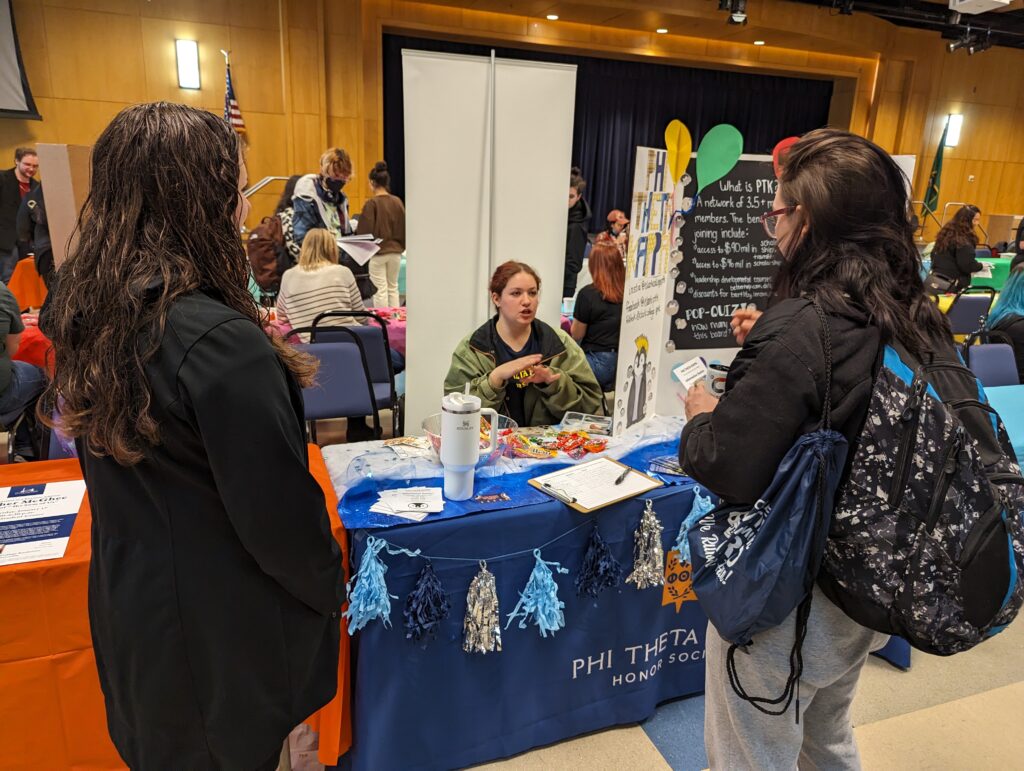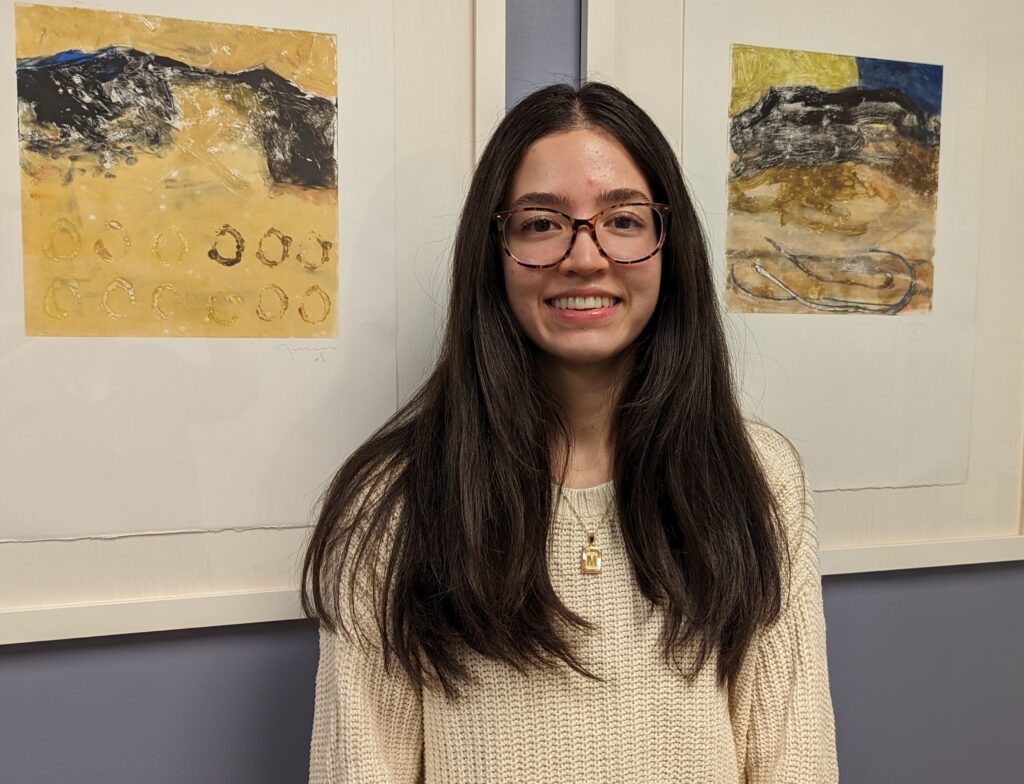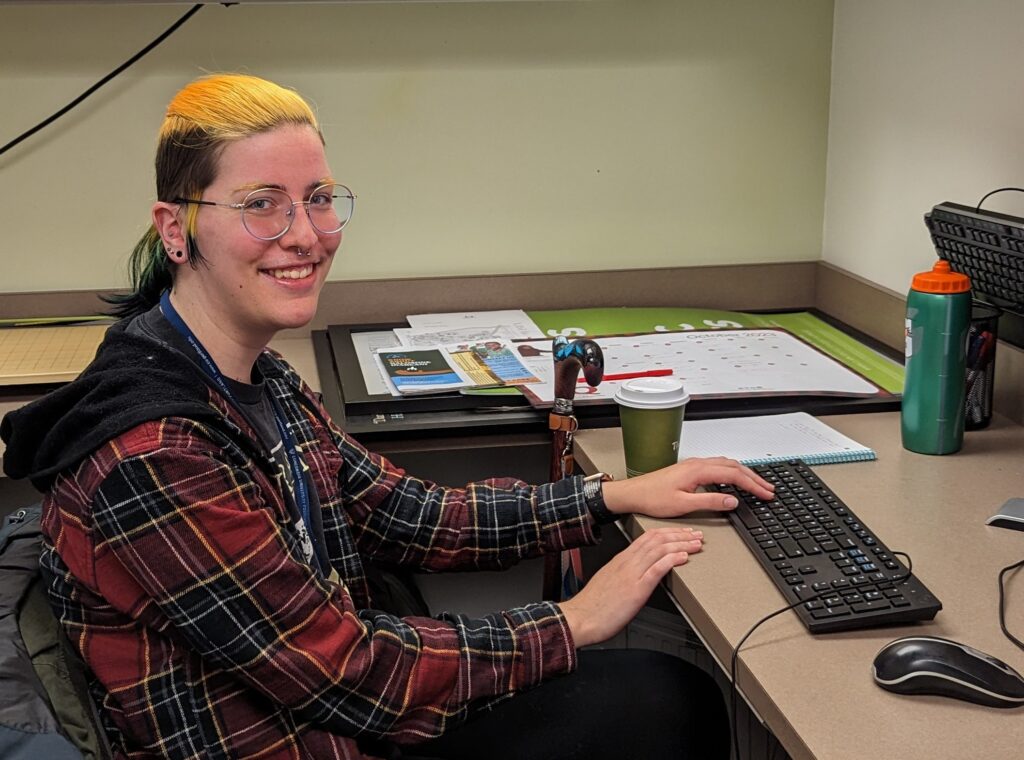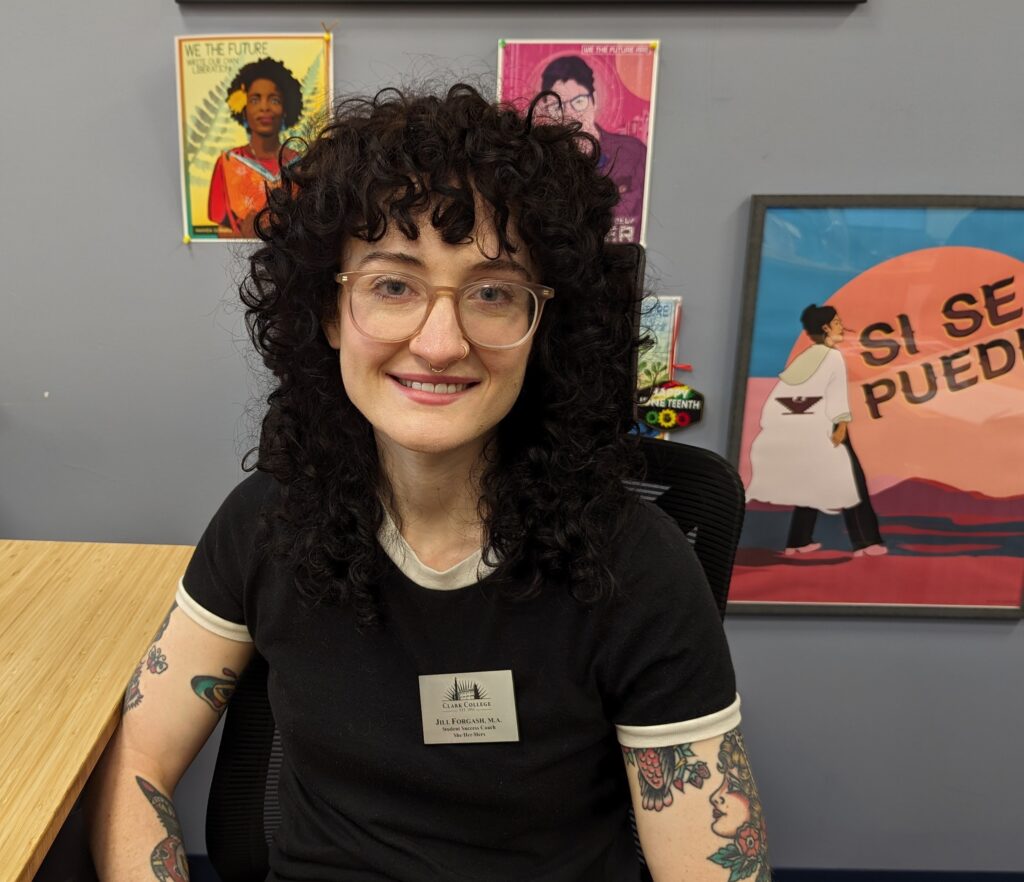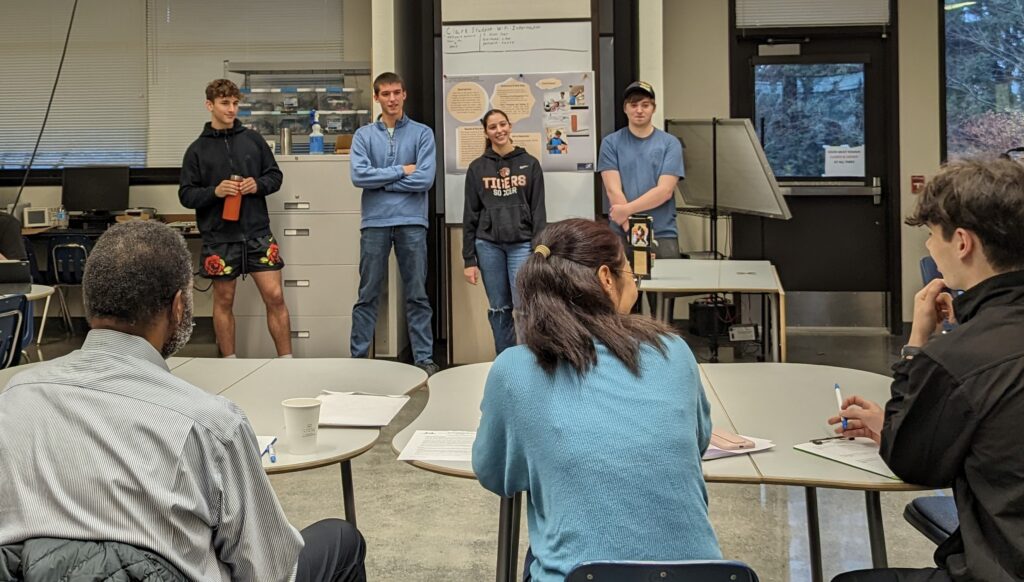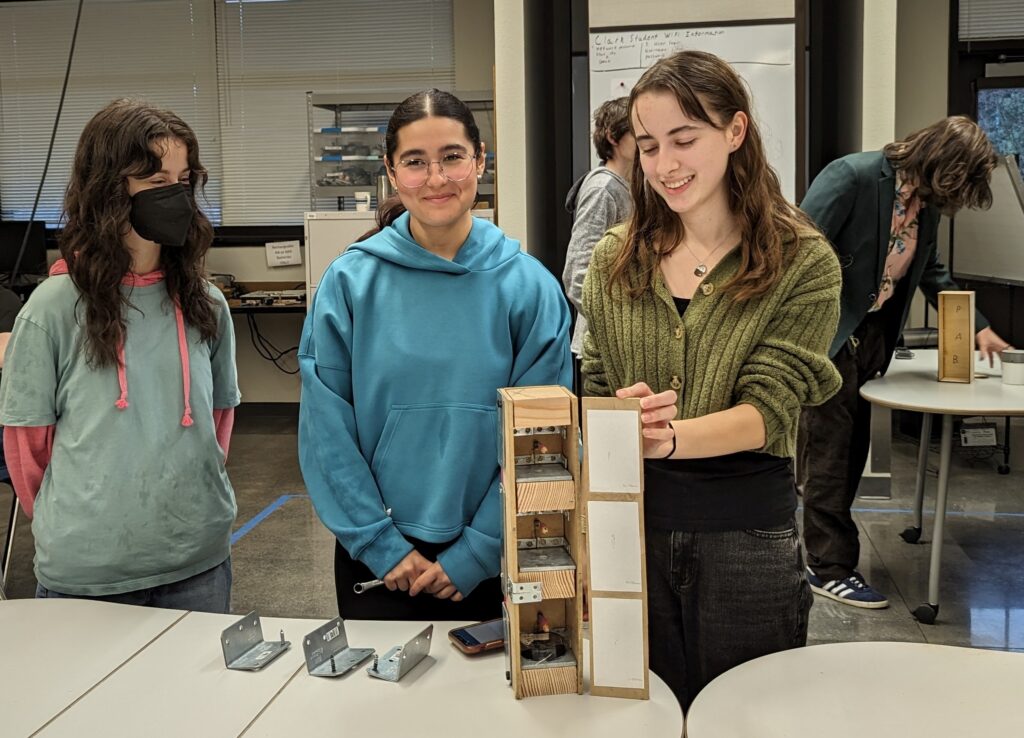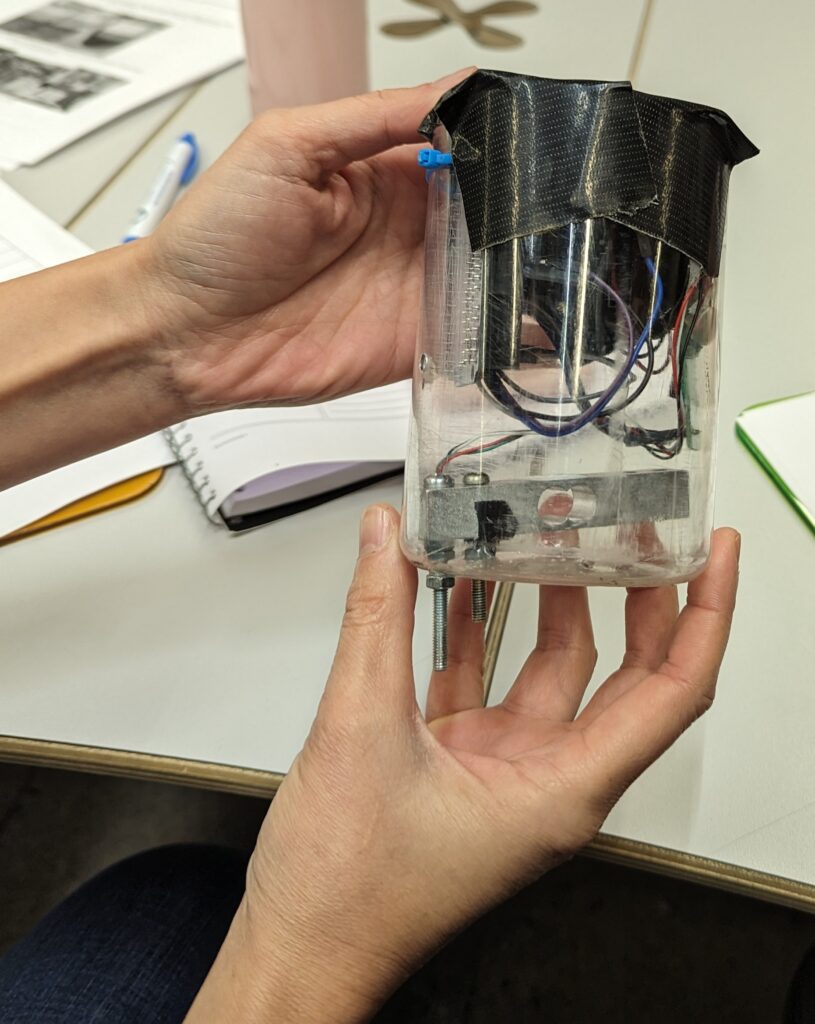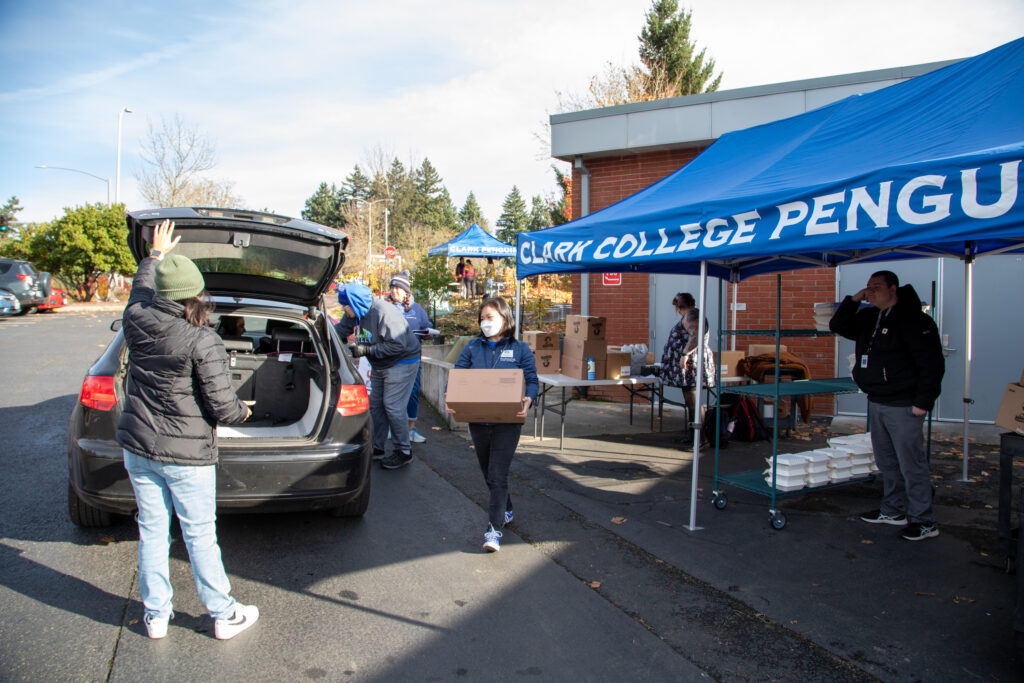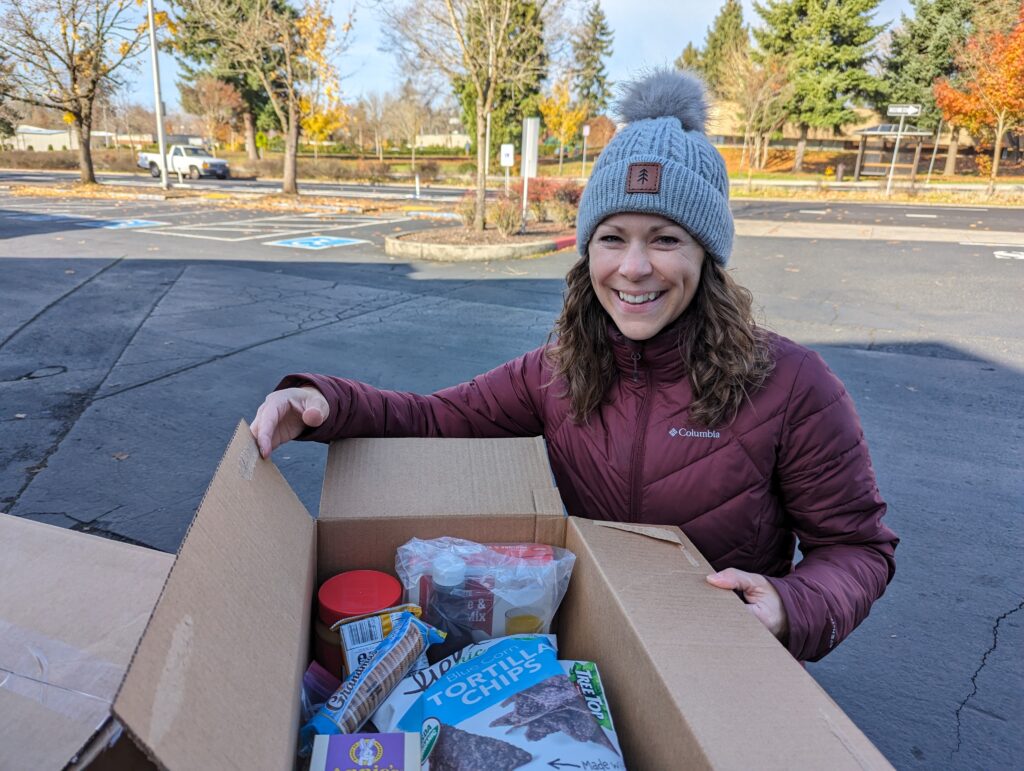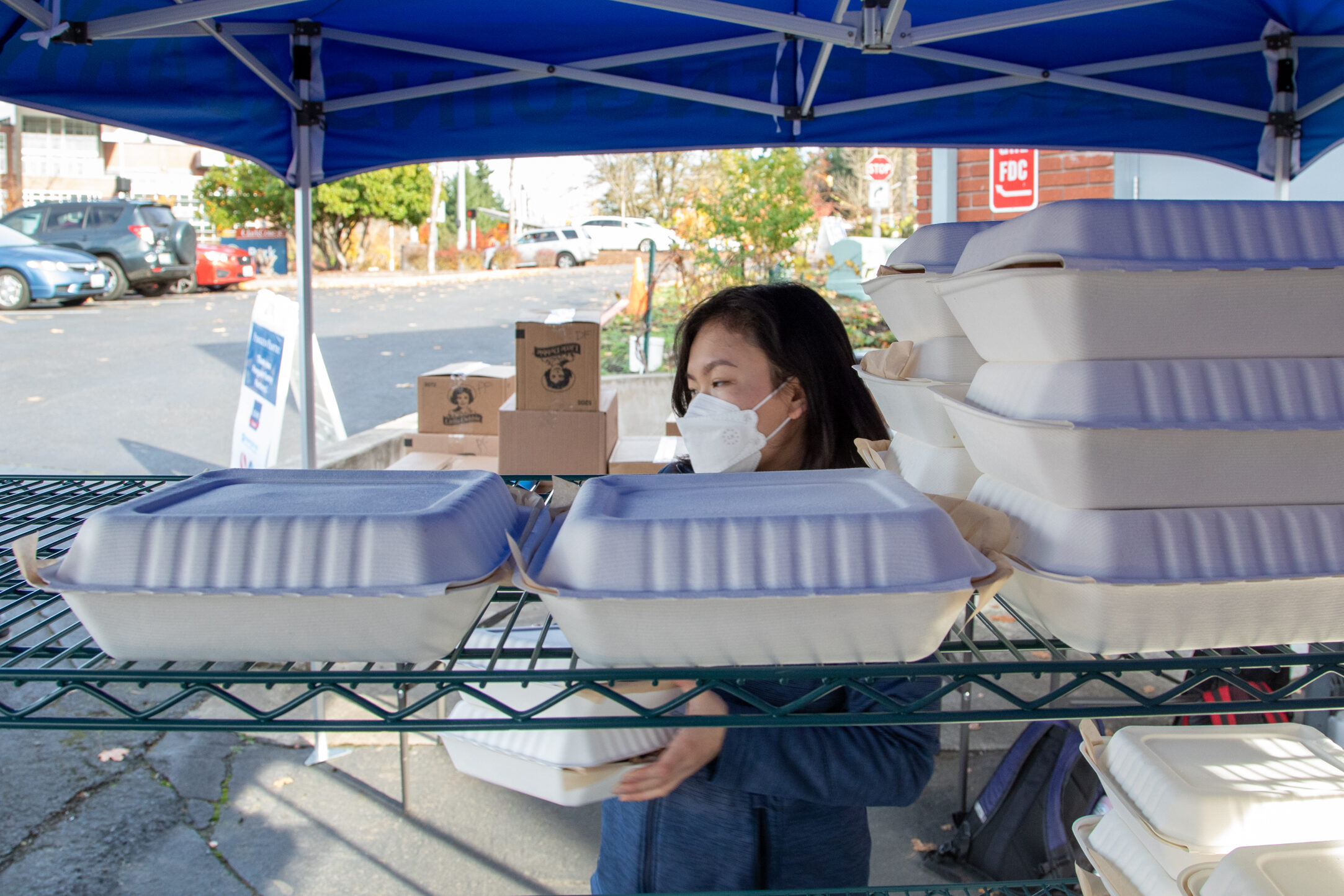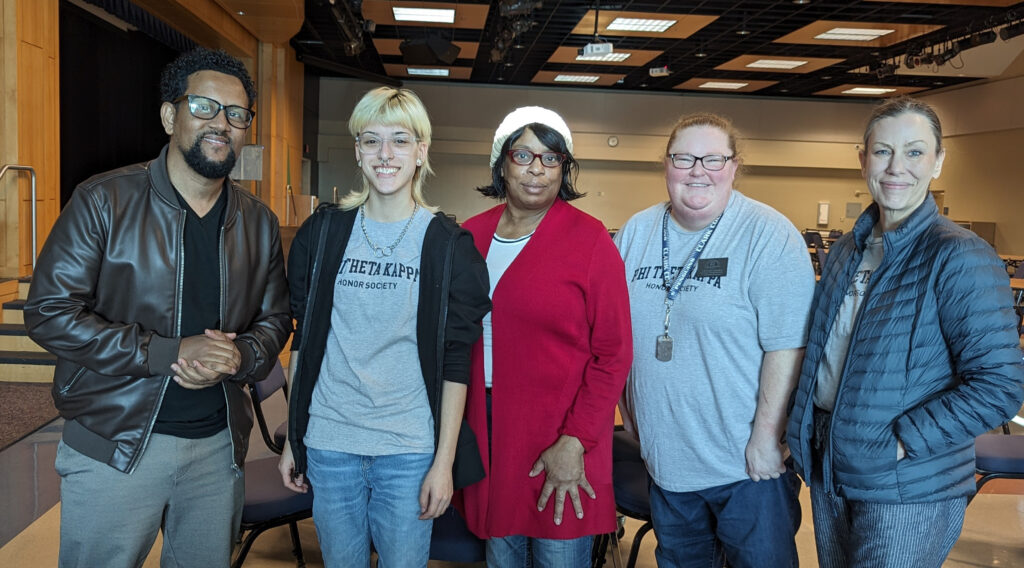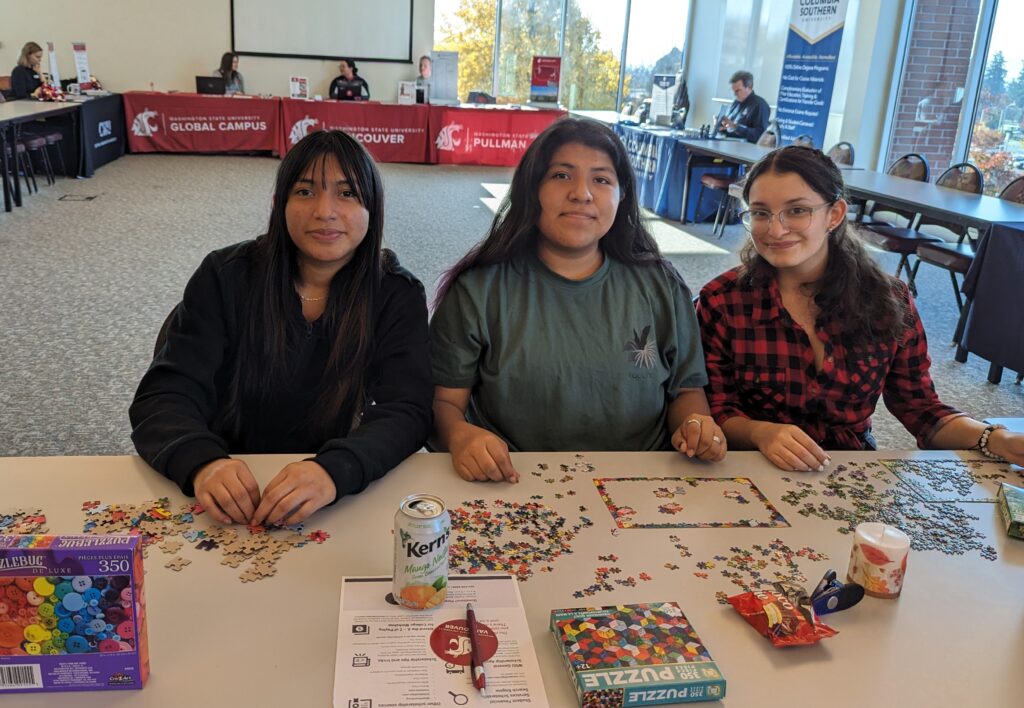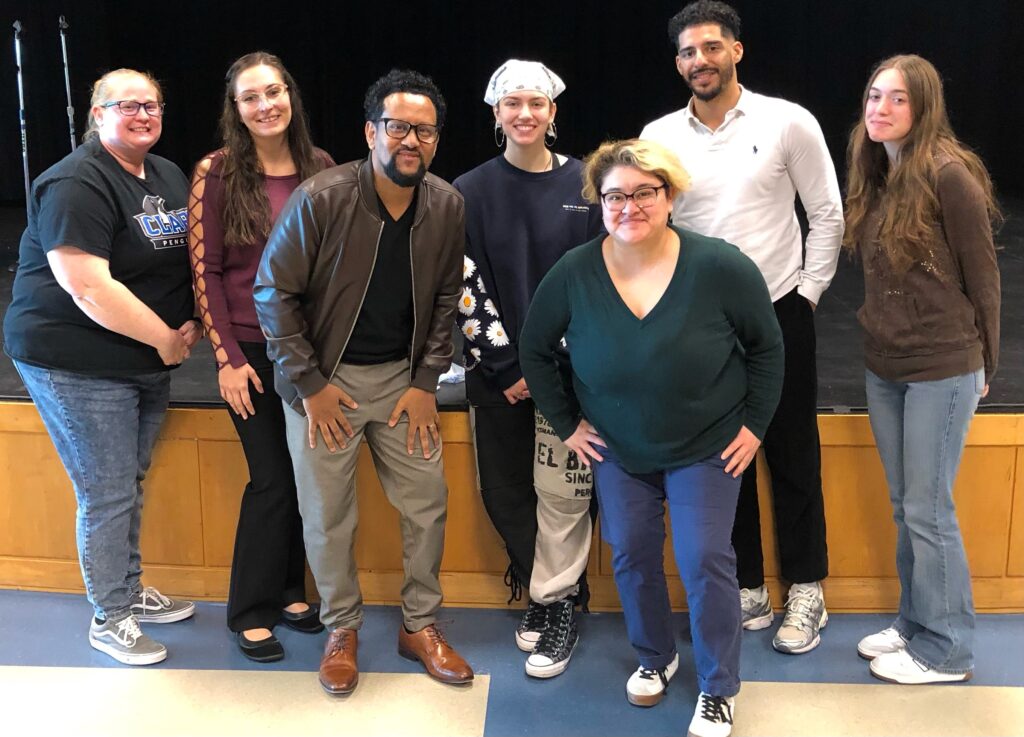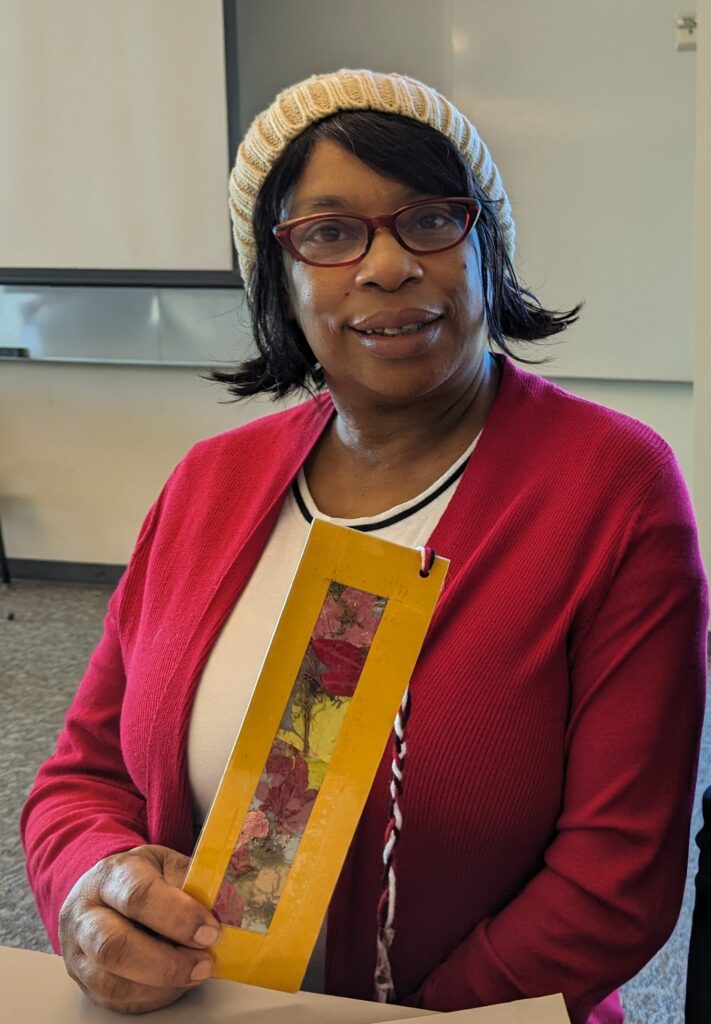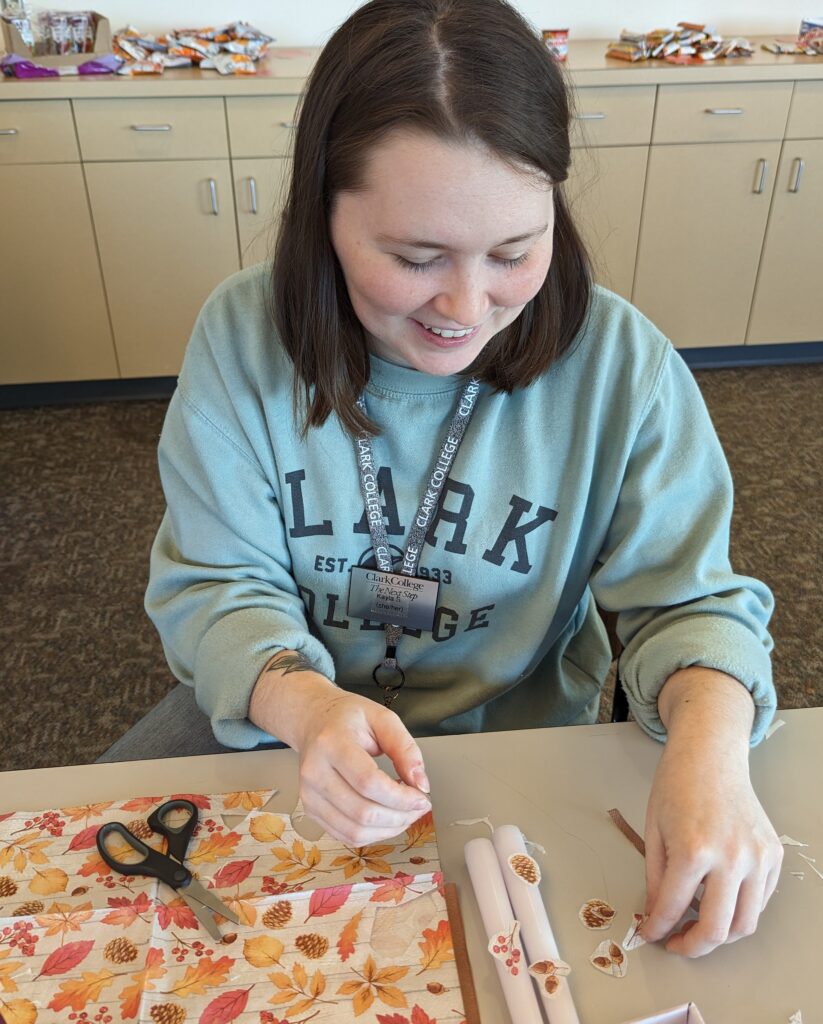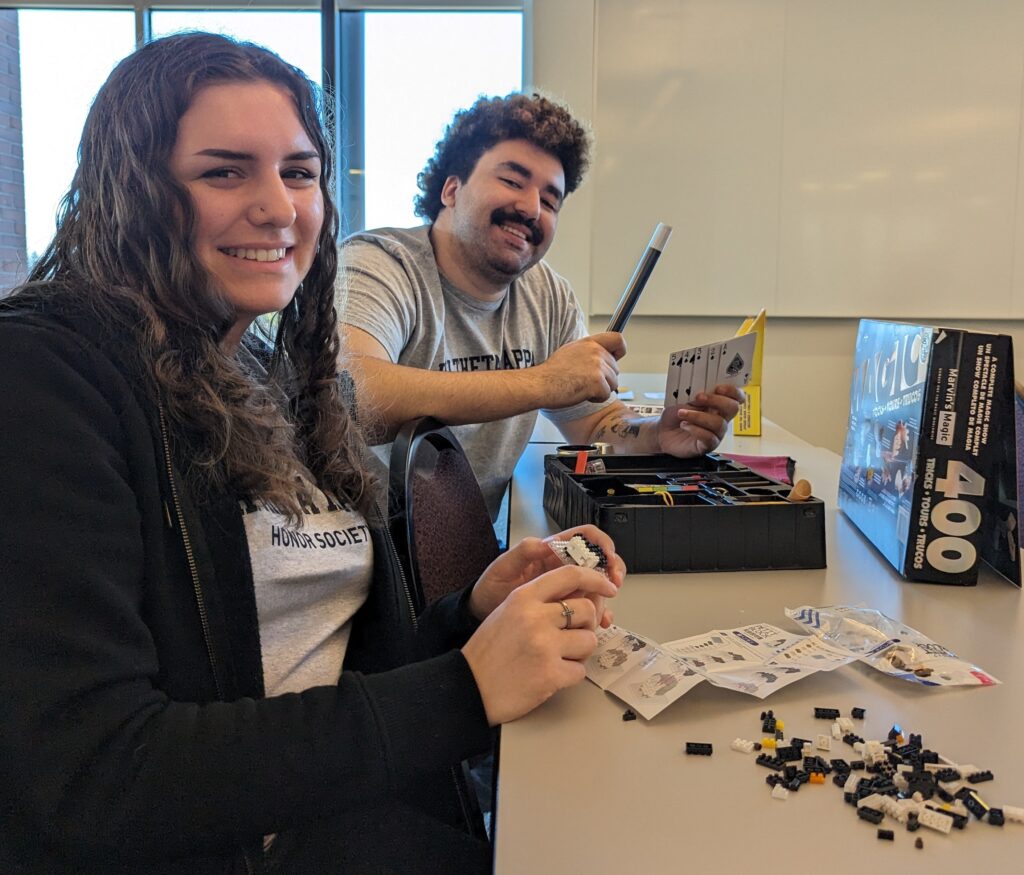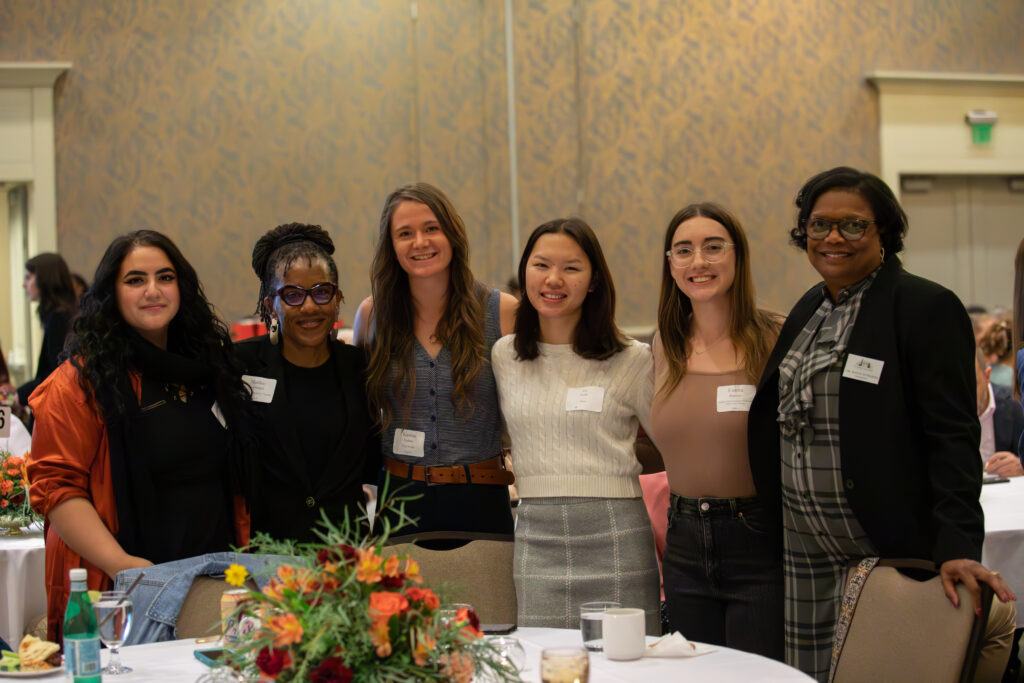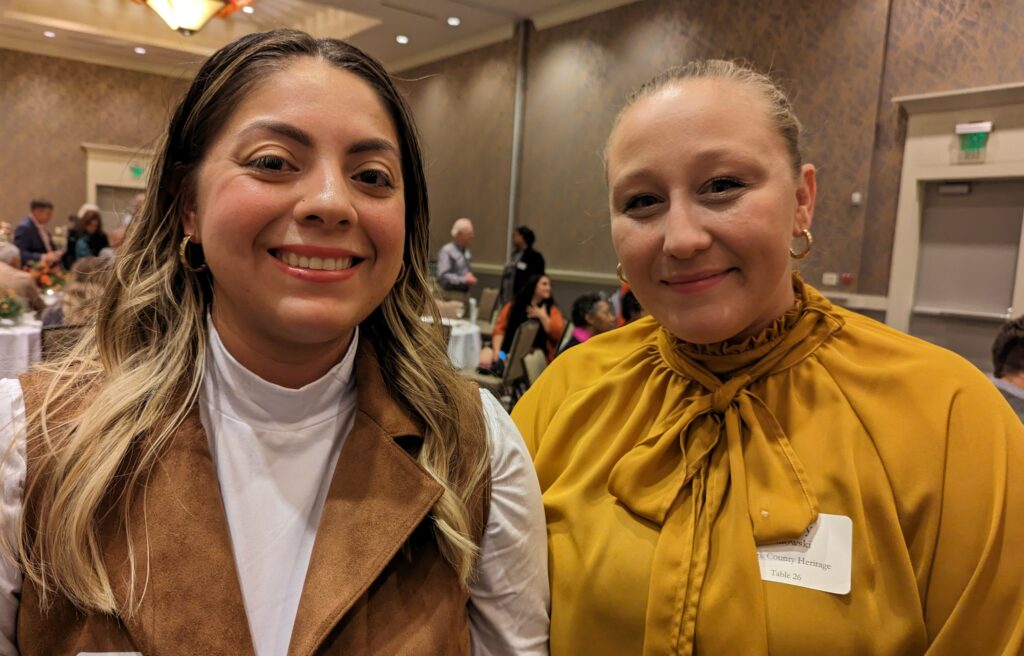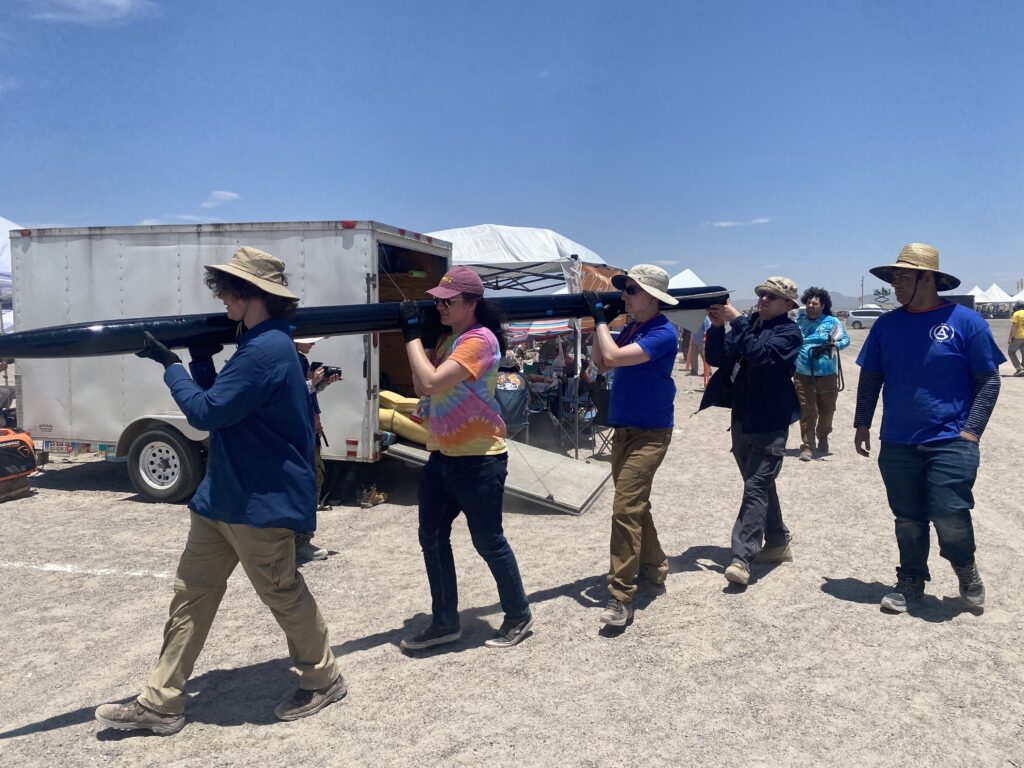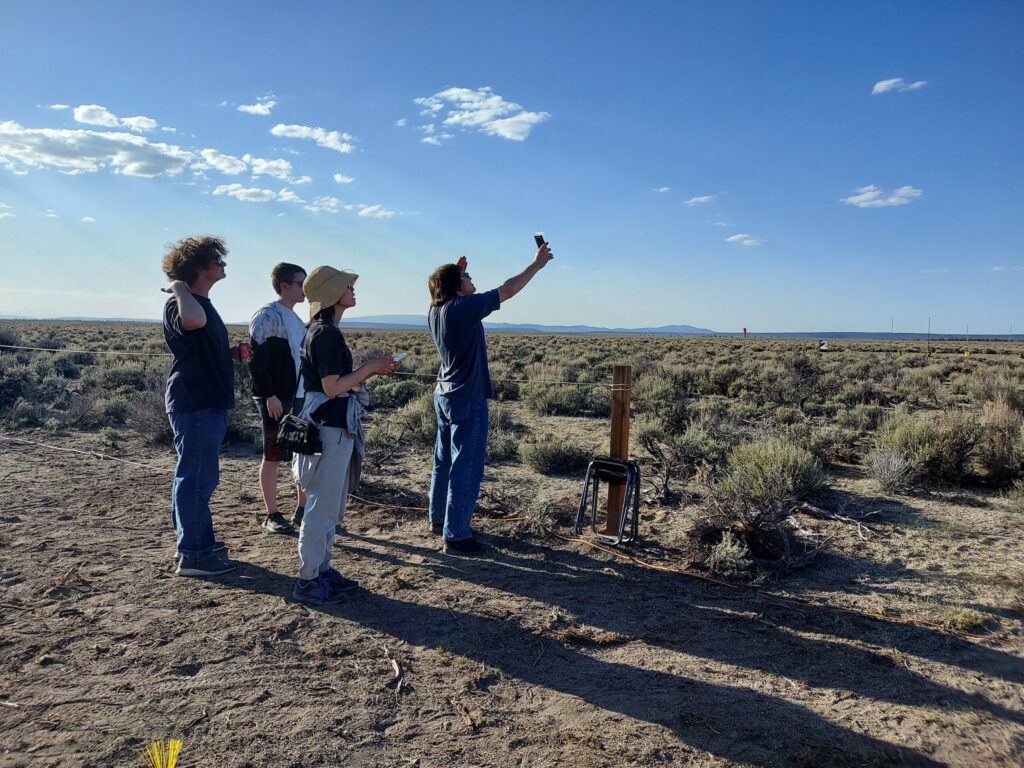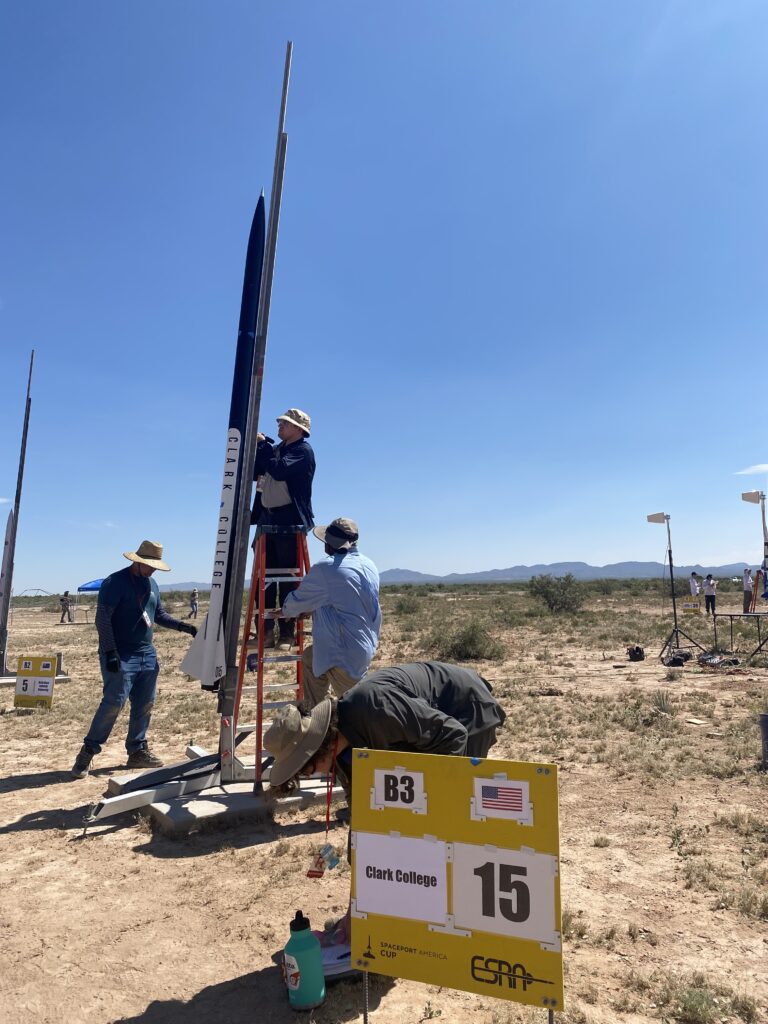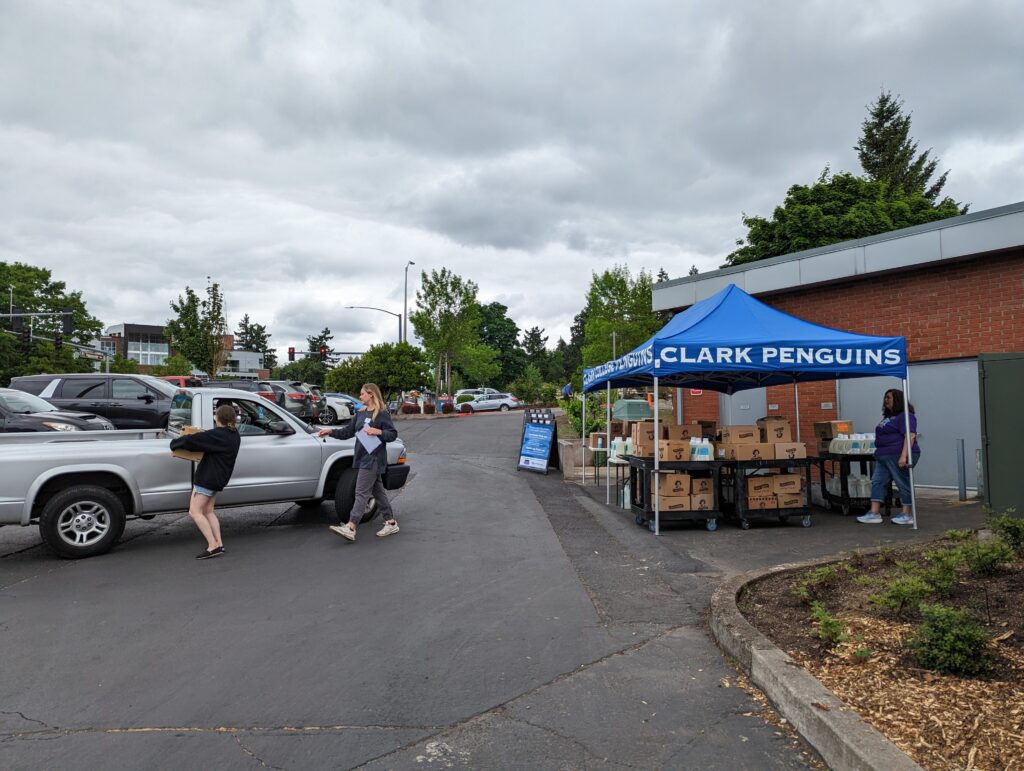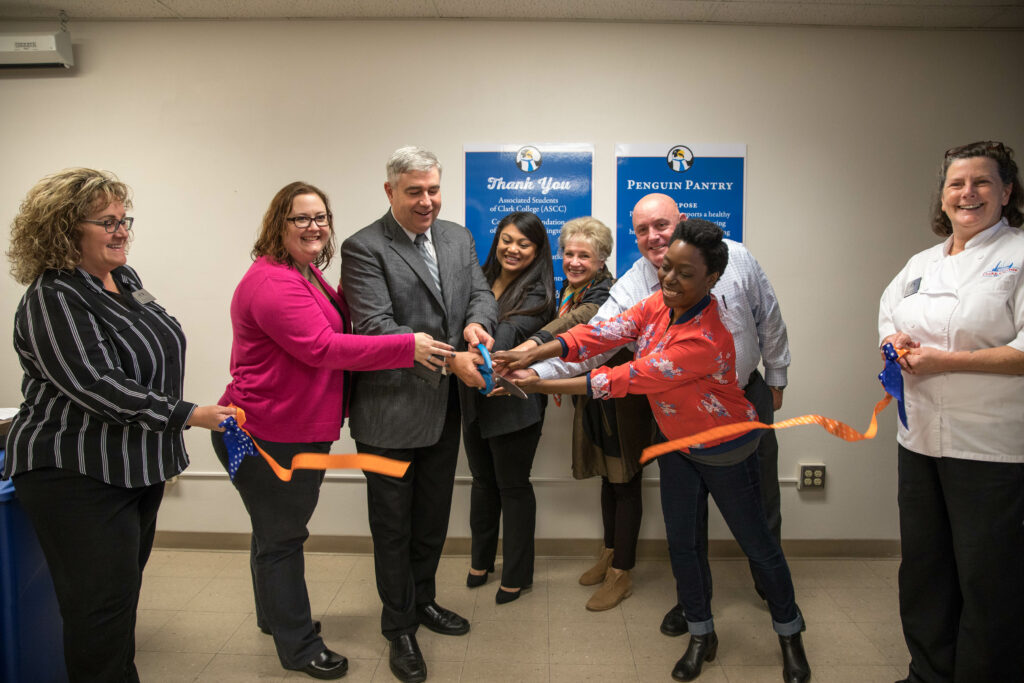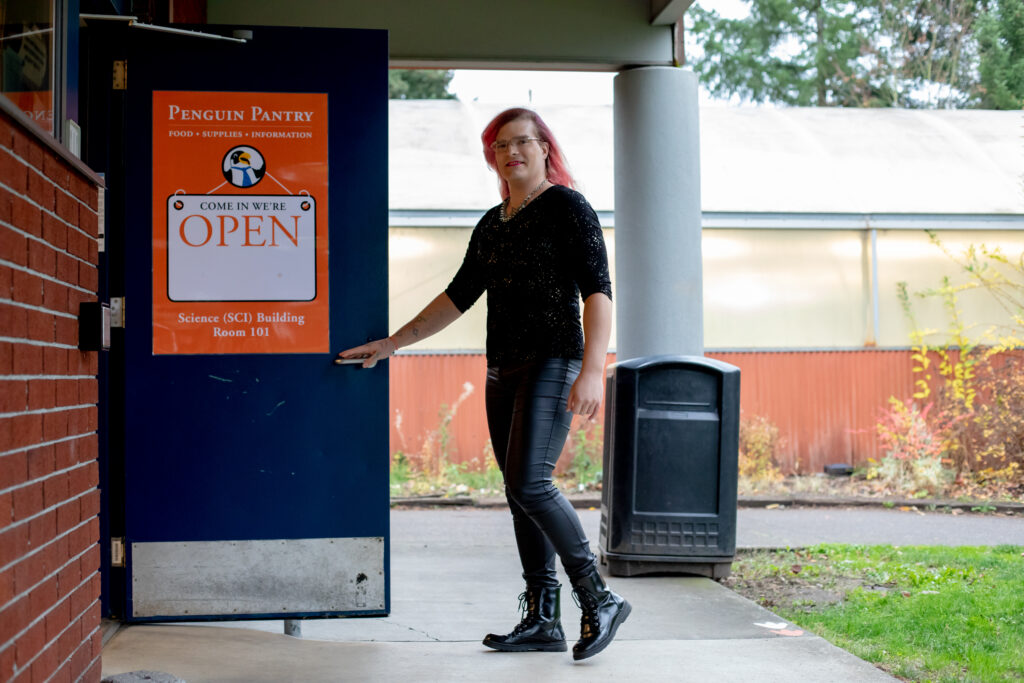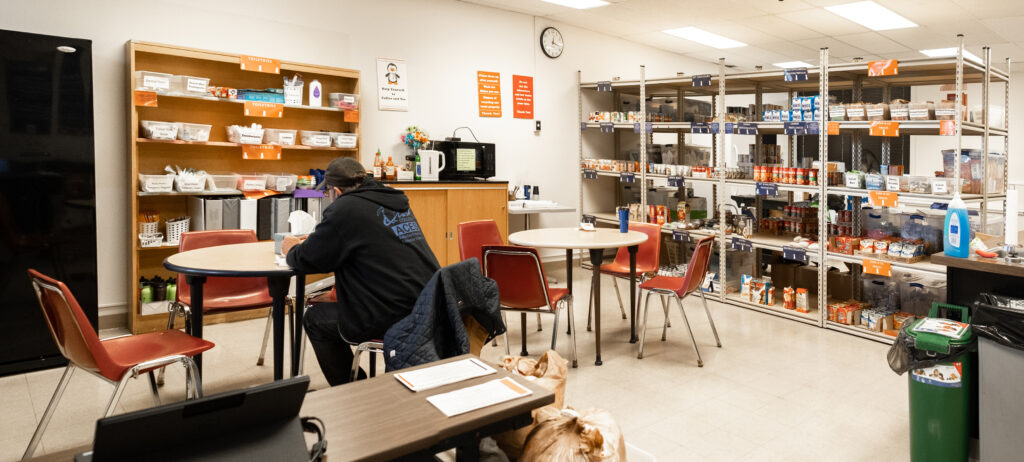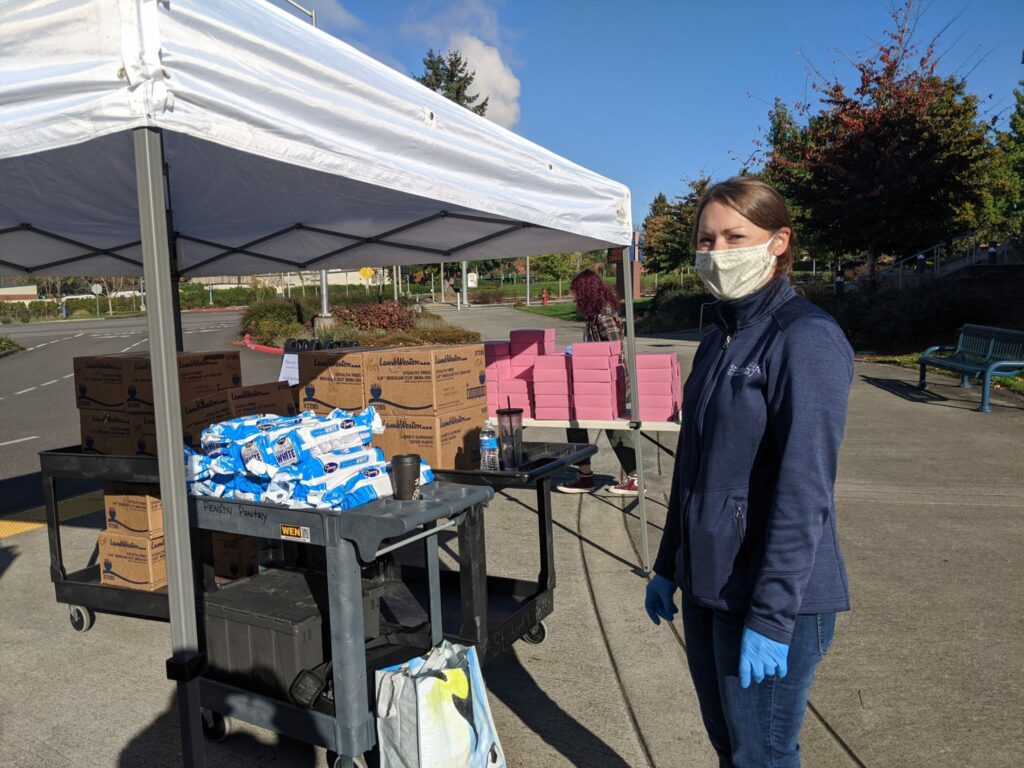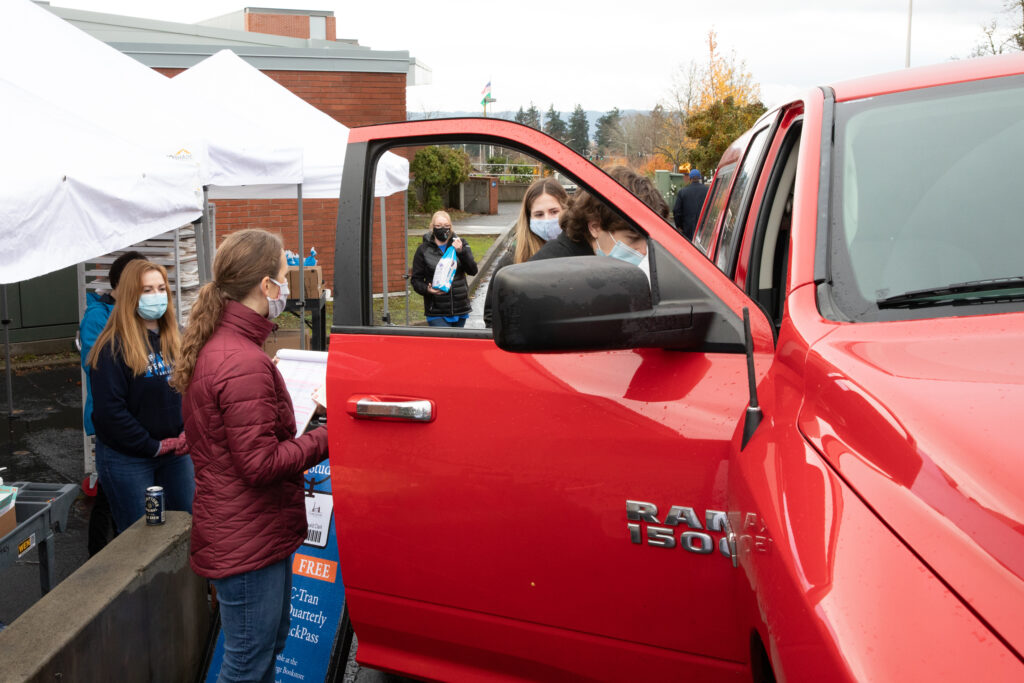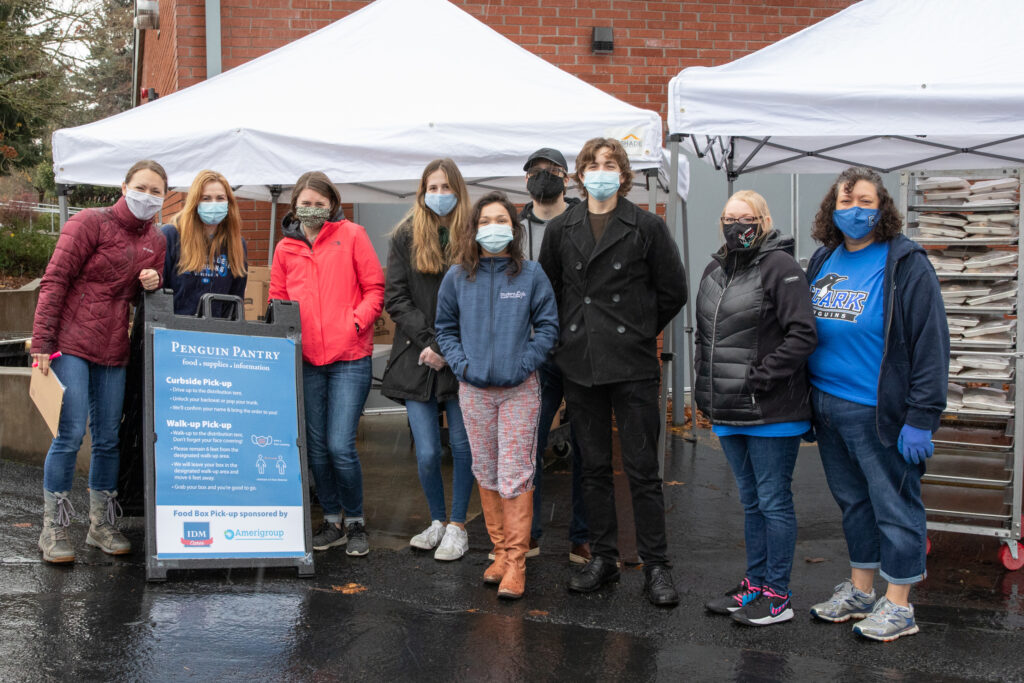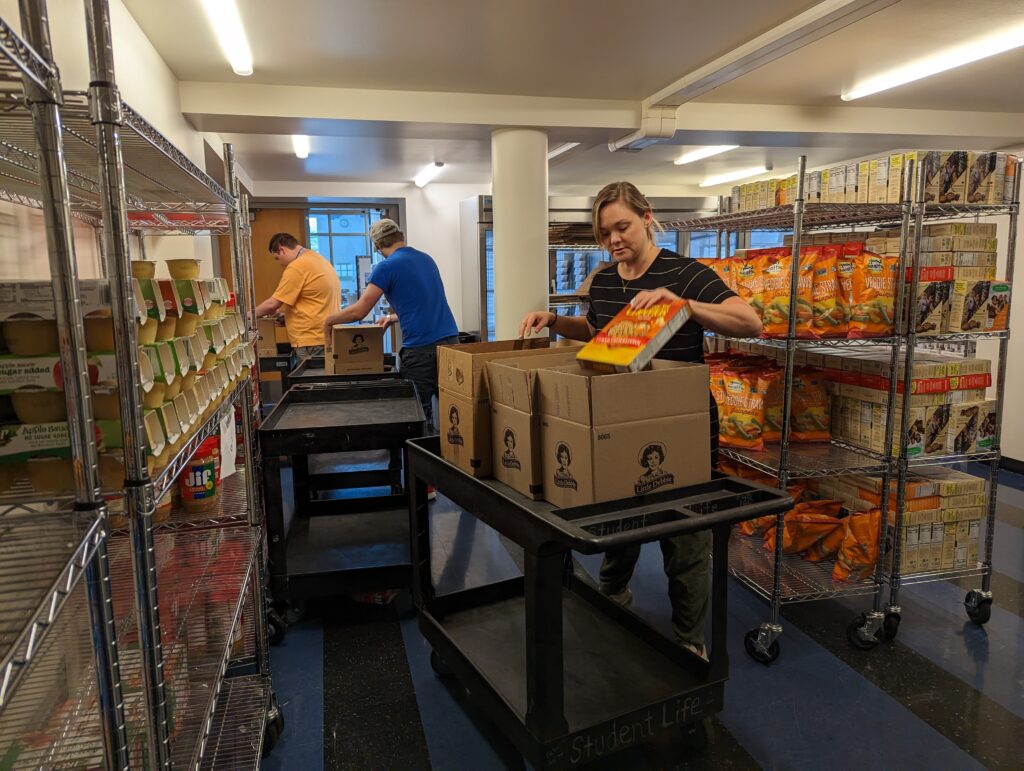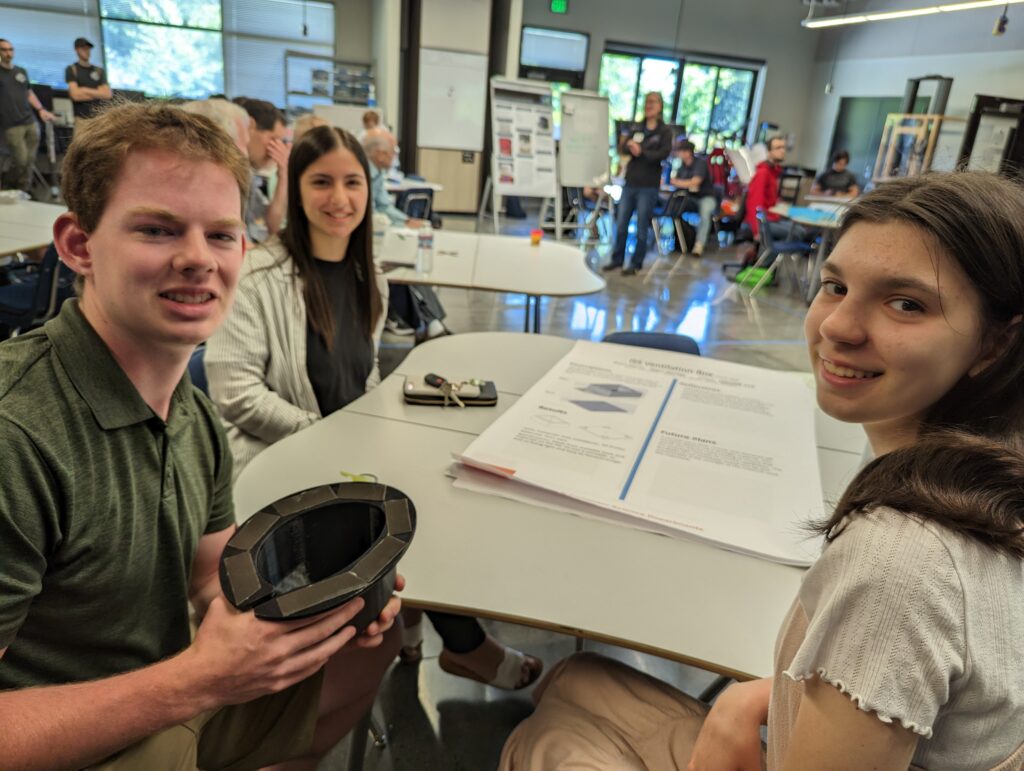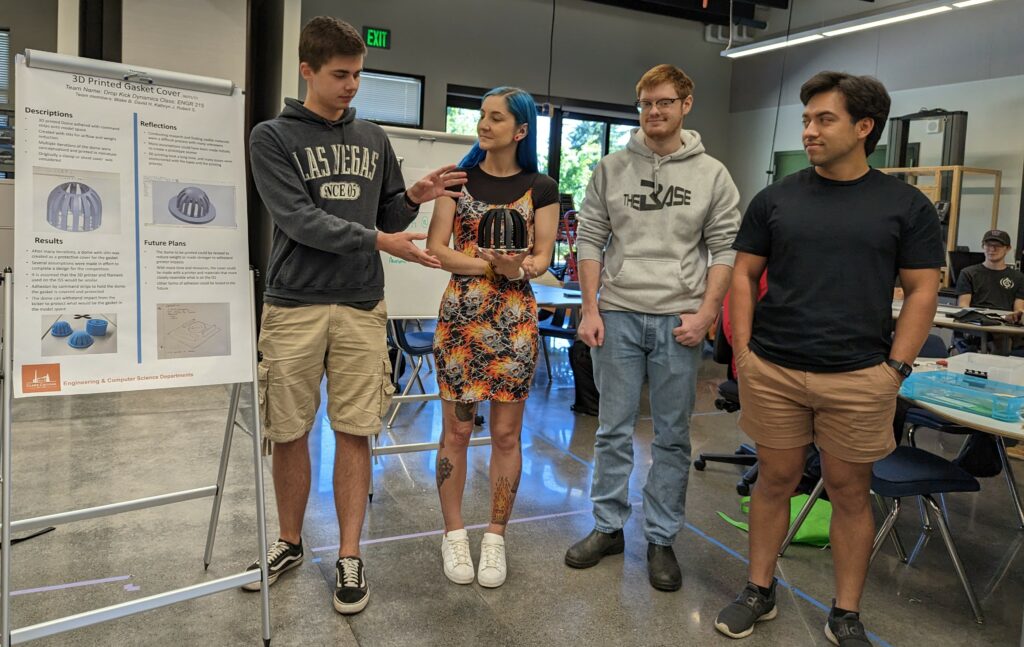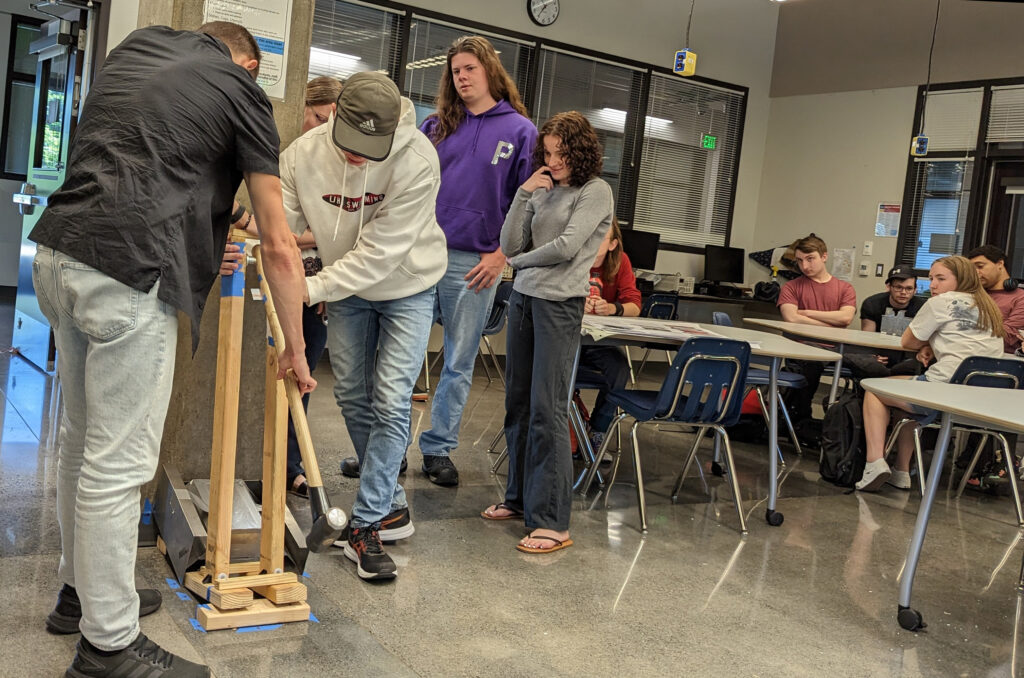New transfer agreement

Clark College students who plan to transfer to Washington State University Vancouver will find a smoother, more intentional path, thanks to a new transfer agreement.
Clark and WSU Vancouver launched a new transfer agreement on January 22. The two institutions partnered to create a seamless guaranteed transfer pathway for students who are completing an associate degree at Clark and plan to transfer to WSU Vancouver to complete a bachelor’s degree.
The impetus for the agreement:
- To make pursuing a bachelor’s degree more accessible and equitable.
- To reduce barriers to a smooth transition to WSU Vancouver and eventually, to earning a bachelor’s degree
- Specifically targeted to reach underrepresented, underserved, and students of color.
- Long term: To increase the number of students who earn bachelor’s degrees in Southwest Washington.
The Guaranteed Admission program enables Clark College students to transfer seamlessly to WSU Vancouver and to reduce the time required to earn a bachelor’s degree. The reverse transfer agreement will make it easier for Clark College students to attain an associate degree if enrolled at WSU Vancouver prior to completing their program at Clark College.
“This agreement will create a clear path for Clark students transferring to WSU Vancouver,” said Clark College President Dr. Karin Edwards. “By removing barriers, more first-generation students and students of color can earn a bachelor’s degree and help close the equity gap.”
Clark’s Director of Advising and Career Services Emily Meoz explained that the previous system required students interested in transferring to make the first move by contacting either a Clark advisor or the admissions office at WSU Vancouver.
“This program takes the guesswork out of the transfer process for our students,” Meoz said. “Now, instead of waiting for students to come to us, we go to them. We will create intentional outreach to students to get them on the transfer pathway early.”
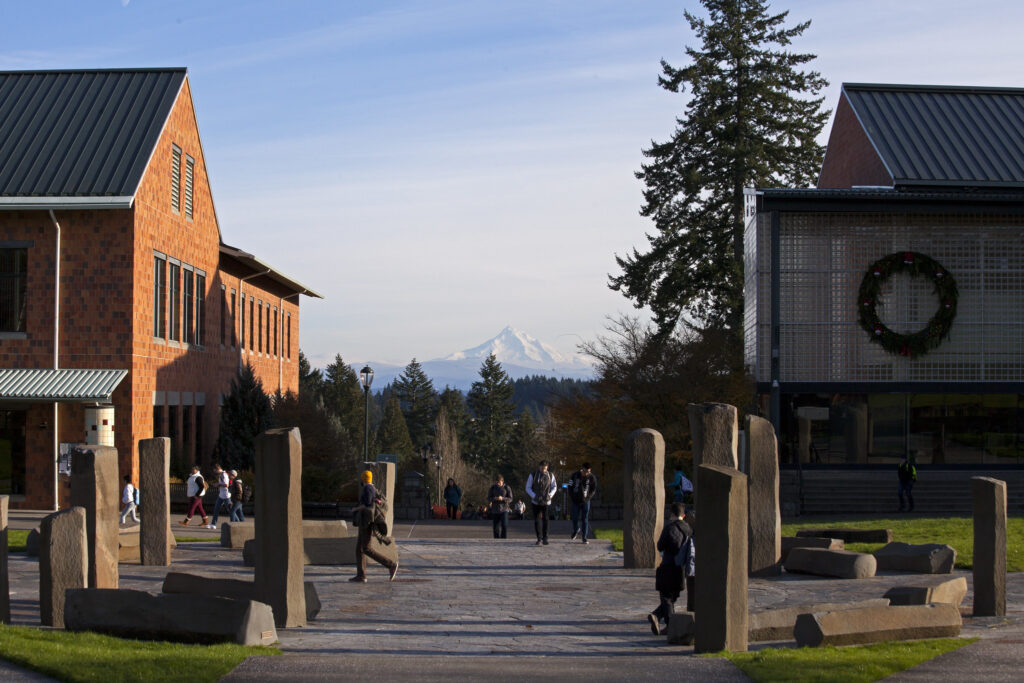
Q & A about Guaranteed Admission Program
Q: How does this transfer agreement benefit Clark students?
A: Here are the benefits to Clark students:
- Direct pathway to WSU Vancouver to pursue a bachelor’s degree
- Intentional, additional support and guidance with transfer process
- Guaranteed transfer advising at Clark at least twice per year
- Early connection and long-term plan review by WSU Vancouver at least twice per year
- Special events to guide and support transfer process
- Automatic reverse transfer opt-in to earn a Clark College credential even if the student transfers prior to completing Clark’s program
Q: How does a Clark student become eligible for this transfer agreement?
A: Any student who plans to transfer to WSU Vancouver must:
- Pursue a direct transfer degree at Clark College
- Complete a declaration of intent form
- Meet with Clark academic advisor at least twice per year
- Apply to WSU Vancouver
- Complete minimum 60 credits of college-level units towards an associate degree and earn a 2.0 minimum grade point average from 100-level and higher coursework, as calculated by WSU Vancouver. Some majors at WSU Vancouver require a higher GPA.
Q: What is the essence of this transfer program?
A: It provides intentional support and guidance for students so the credits they take at the outset will transfer to WSU Vancouver. That results in students saving money, reducing student debt and increasing graduation rates of transfer students.
Q: Wasn’t there already a transfer agreement between Clark and WSU Vancouver? How is this different from the previous transfer agreement with WSU Vancouver?
A: Yes. Clark graduates with a minimum 2.0 GPA already are guaranteed admission to WSU Vancouver, but it is not widely known or marketed directly to students. The previous system required students interested in transferring to make the first move by contacting either a Clark advisor or the admissions office at WSU Vancouver. Under the new transfer agreement, Clark will create intentional outreach to students to get them on the transfer path early.
Q: How was the transfer agreement developed?
A: This transfer program was developed by Advising leaders from both Clark College and WSU Vancouver who participated in a year-long Aspen Institute project focused on increasing transfer success and reducing inequitable graduation rates among underrepresented students. Learn about The Aspen-AASCU Transfer Student Success and Equity Intensive here.
Q: Does Washington State University have similar guaranteed admission agreements with other community colleges in the state?
A: Yes. WSU has similar agreements with three other community colleges:
- WSU Pullman with Spokane Falls Community College
- WSU Tri-Cities with Columbia Basin College
- WSU Everett with Everett Community College

